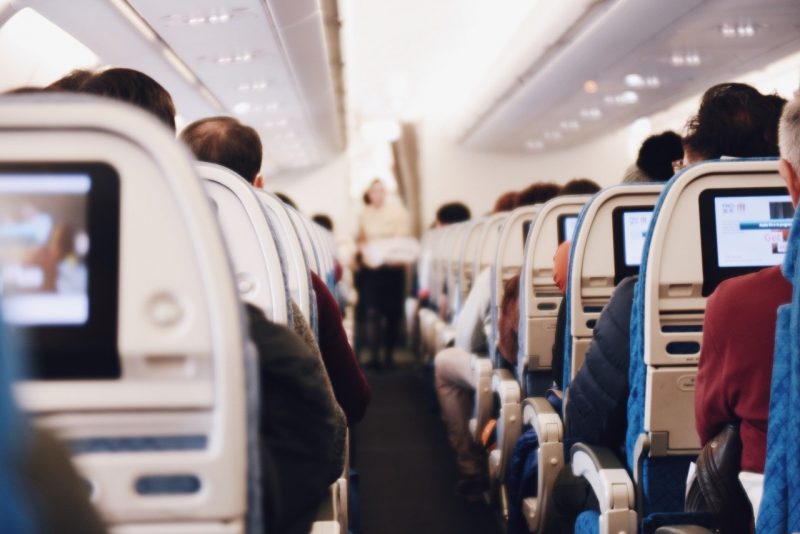 IATA updated its analysis that airline passenger revenues will decrease by $314bn this year. (Photo: StockSnap).
IATA updated its analysis that airline passenger revenues will decrease by $314bn this year. (Photo: StockSnap).
Earlier this month, IATA released its updated analysis stating that global airline passenger revenues will decrease by $314bn this year, which marks a decline of 55% compared to the previous year.
As per the estimates, Asia-Pacific airlines will record a revenue decline of $113bn compared to last year, which is the biggest drop of all the regions.
Asia-Pacific will also see a 50% decrease in passenger demand this year compared to last year. The estimate in March stated that there would be a 37% decrease in passenger demand this year.
IATA states that the revenue and demand estimates are based on the travel restrictions put in place since the last three months, as well as the gradual lift in restrictions in domestic, regional and intercontinental markets.
IATA Asia-Pacific regional vice-president Conrad Clifford said: “The situation is deteriorating. Airlines are in survival mode. They face a liquidity crisis with a $61bn cash burn in the second quarter. We have seen the first airline casualty in the region.
“There will be more casualties if governments do not step in urgently to ensure airlines have sufficient cash flow to tide them over this period.”
Clifford stated that India, Indonesia, Japan, Malaysia, the Philippines, Republic of Korea, Sri Lanka and Thailand are the priority countries that need to come up with an action plan.
The measures should include direct financial support, loans and loan guarantees, along with support for the corporate bond market. In addition, airlines should be offered tax relief.
Clifford added: “Providing support for airlines has a broader economic implication. Jobs across many sectors will be impacted if airlines do not survive the Covid-19 crisis. Every airline job supports another 24 in the travel and tourism value chain.
“In Asia-Pacific, 11.2 million jobs are at risk, including those that are dependent on the aviation industry, such as travel and tourism.”
Cre: Airport Technology
Nguyen Xuan Nghia – COMM











